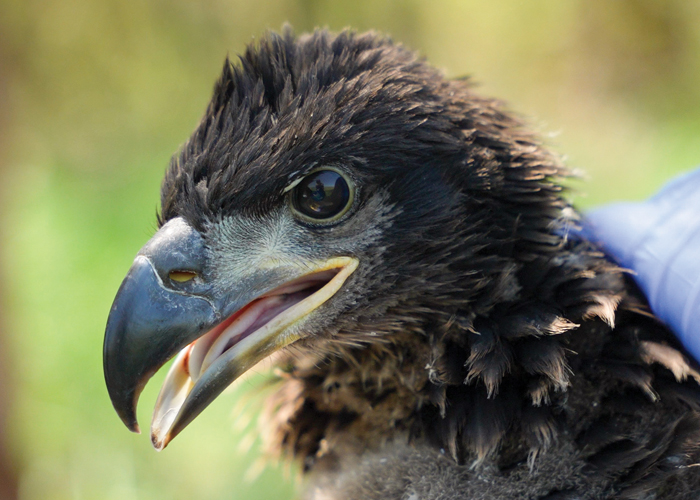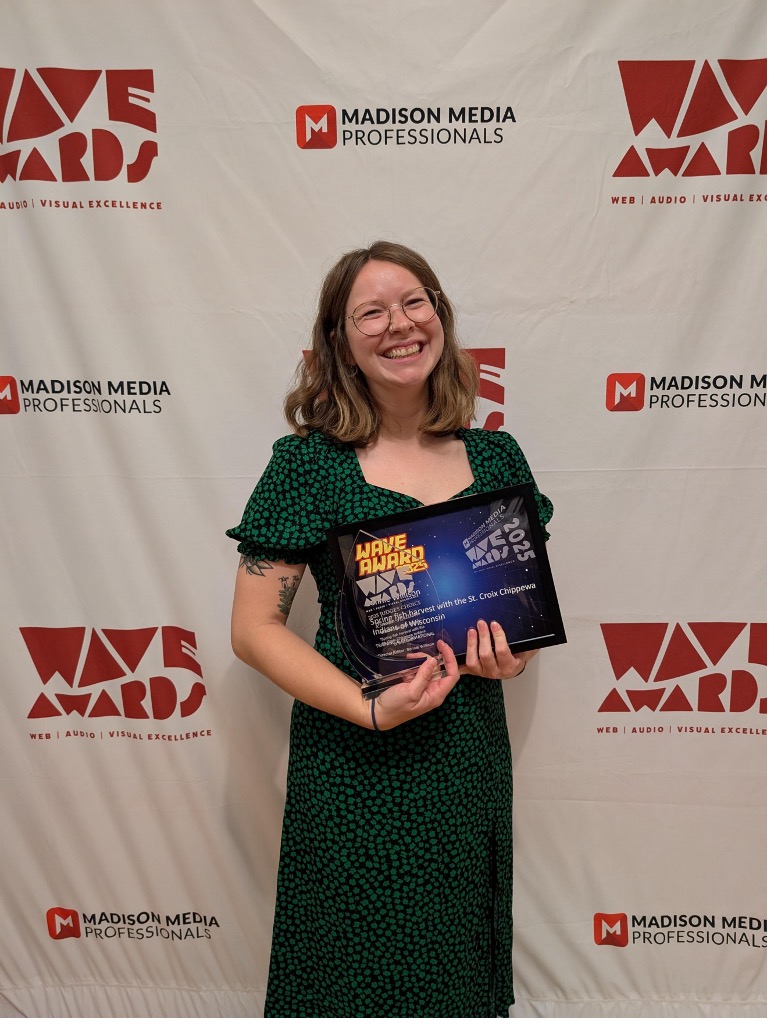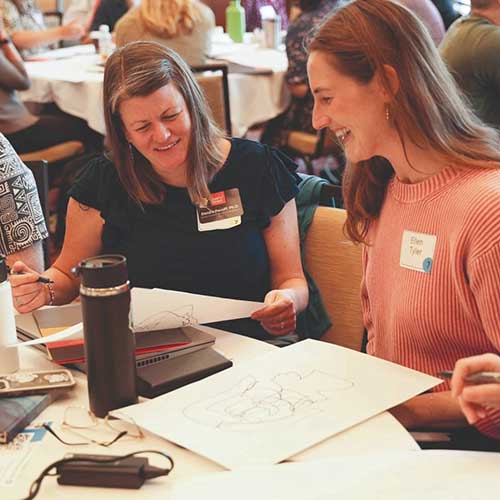A series of informal, interactive science presentations on Great Lakes issues will return in spring 2021 with new topics and speakers.
Wisconsin Sea Grant’s “Lake Talks” series highlights topics related to Lake Michigan or, more widely, the Great Lakes basin. Spring talks will be offered through Zoom in light of the ongoing pandemic.
The spring series kicks off on Thursday, March 18 at 7 p.m. with “What cartoon zebra mussels taught me about invasive species communication.” (Register now for this Zoom webinar.)
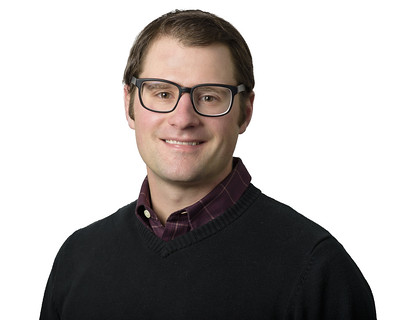
Aquatic Invasive Species Outreach Specialist Tim Campbell. (Photo: Wisconsin Sea Grant)
The speaker is Tim Campbell, Wisconsin Sea Grant aquatic invasive species outreach specialist. Campbell will discuss how metaphors—such as aquatic invasive species as “hitchhikers” or “invaders”—affect how people perceive the issues, and how certain metaphors pose ethical issues or may not lead to productive engagement.
As Campbell explained, “People use many different message frames and metaphors when talking about invasive species, and we know that metaphor use can affect how people understand complex issues. We wanted to better understand how these communication strategies impact actions people might take in regards to invasive species.”
Because preventing the spread of aquatic invasive species (AIS) depends significantly on public cooperation, communicating with the public in an effective way is highly important. Learn what Campbell and his fellow researchers discovered through work that was funded by Wisconsin Sea Grant. The research focused on communication about zebra mussels.
The Lake Talks series will continue with talks in April, May and June. Those future talks will address PFAS (contaminants in our waters often referred to as “forever chemicals”), tourism in the Great Lakes and rip current safety.
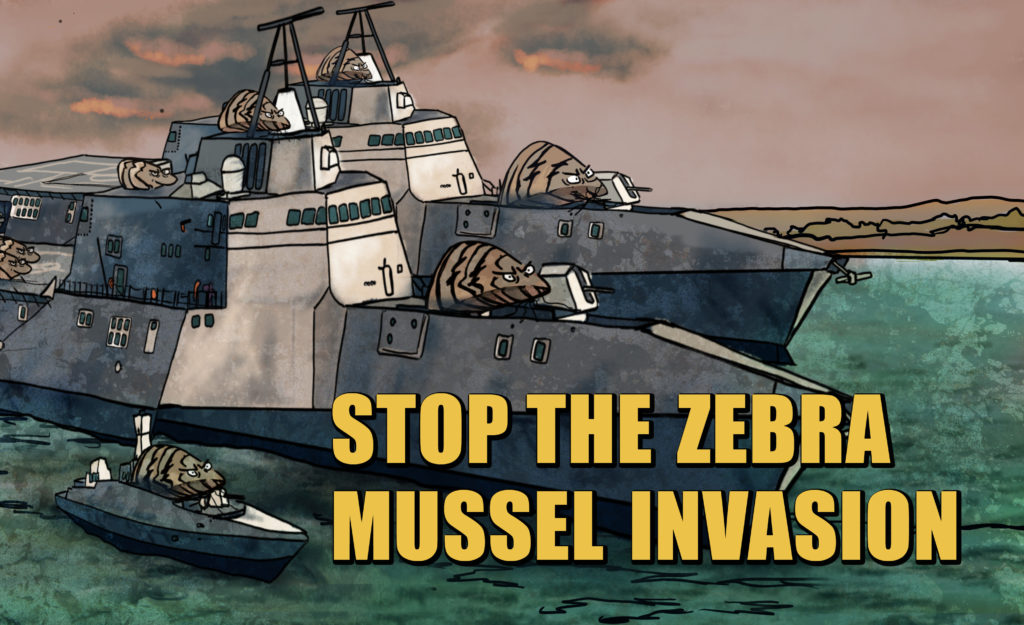
The image and tagline here are an example of “militaristic” message framing about invasive species. (Artwork: Brooke Alexander)
All sessions will last one hour on Zoom and include time for audience Q&A. For connection information for future talks, visit the Lake Talks page of the Wisconsin Sea Grant website, or follow Wisconsin Sea Grant on Facebook or Twitter as event dates draw closer. You can register for Tim Campbell’s talk now.
For questions about this series, contact Wisconsin Sea Grant science communicator Jennifer Smith.



